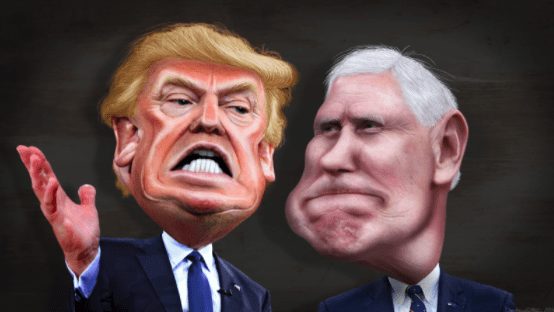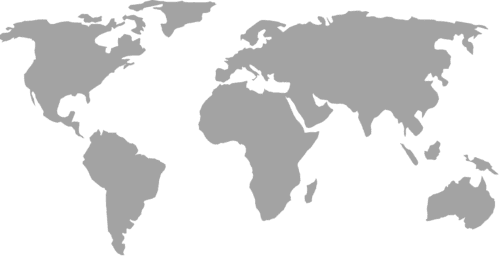Table of Contents
Will a Trump presidency impact campus diversity?
“A Trump administration is an unusual circumstance that may yield unusual results.”
As January comes to a close, thousands of international college hopefuls will be submitting their applications – just days after President Trump has been sworn into office. Immigration policies have been at the forefront of many controversial political conversations, and admission officials are waiting to see the impact these heated debates had on foreign applicant interest to American universities.
Long-term Open Doors data may help to determine higher education trends. International student enrollment has steadily increased throughout every U.S Presidency; but, a Trump administration is an unusual circumstance that may yield unusual results. Regardless of the gradual increment, Democratic presidents have seen a greater international enrollment. For instance, during the Obama administration, there was a 390 percent increase from the previous Republican-run Government. This begs the question, will the recent Republican stance toward foreigners sway the interest of young international applicants? If so, what impact will this have on University revenue?
Introduction | Meghan Keates
At A Glance:
- College admission officials will be watching how a Trump presidency will impact international applicants
- While all administrations have seen an increase in international enrollment, Democratic presidents achieve higher results
- Mark Ashwill attempts to ground the ongoing conversation surrounding international education
Around the Web:
 With Trump as president, international students ponder future in U.S.
With Trump as president, international students ponder future in U.S.
Dawn Rhodes | Chicago Tribune | Twitter
When Kimberly Go first came to the United States for college, her plan was to work here for a few years after graduation before returning to her native Philippines.
Now a junior at Northwestern University, Go is rethinking her future. She said she’s concerned about how President-elect Donald Trump might change immigration policies, and how it could affect her — and prospective students from abroad.
“I’m definitely mentally preparing myself to maybe go back home more immediately,” said Go, 20, who is studying economics and journalism. “I don’t know what Trump is going to say. The whole thing is more uncertain and it makes it more uncomfortable.”
To read more visit the Chicago Tribune
 U.S. Politics and International Education
U.S. Politics and International Education
Bradley A. Feuling | Inside Higher ED | Twitter
Tuesday, Nov. 8, 2016, will be long remembered by those who cast a ballot for the 45th president of the United States. Donald Trump’s election has raised uncertainty and doubts about a reversal of globalization, as well as concerns about a continued commitment to diversity. With a conservative administration about to take office, it would appear that values counter to the international education field have prevailed.
And yet a look at historic Open Doors and other data from the Institute of International Education indicates that the prospects for international education should, in fact, look hopeful for some, while others will need to double down on their efforts. It’s worth analyzing the data to see what they say about the prospects for international education, specifically study abroad and international student enrollment.
To read more visit Inside Higher ED
To turn to nativism hinders international education
Mark Ashwill | University World News | Twitter
Words are the fundamental building blocks of communication. Imprecision in the use of language creates confusion and misunderstanding. For example, in the ongoing debate about the potentially negative impact of the United States presidential election on international education, I’ve seen a number of colleagues misuse certain key words, thereby muddying the rhetorical waters.
In their article of 11 November entitled “Now we face the (temporary?) end of American internationalism”, Philip G Altbach and Hans de Wit wrote that with Donald Trump as president “the United States will join the growing list of countries with hard-right, nationalist, anti-globalist and xenophobic governments. This list today includes countries like Hungary, Poland, the Philippines and, in some respects, Turkey.”
To read more visit University World News
Further Reading
- Fortune – Colleges Could Lose $700 Million a Year Because of President Trump’s Immigration Ban
- NPR – Students Stranded Worldwide By Trump Order
- San Francisco Chronicle – Trump order leaves international students in limbo, unable to fly



 With Trump as president, international students ponder future in U.S.
With Trump as president, international students ponder future in U.S. U.S. Politics and International Education
U.S. Politics and International Education